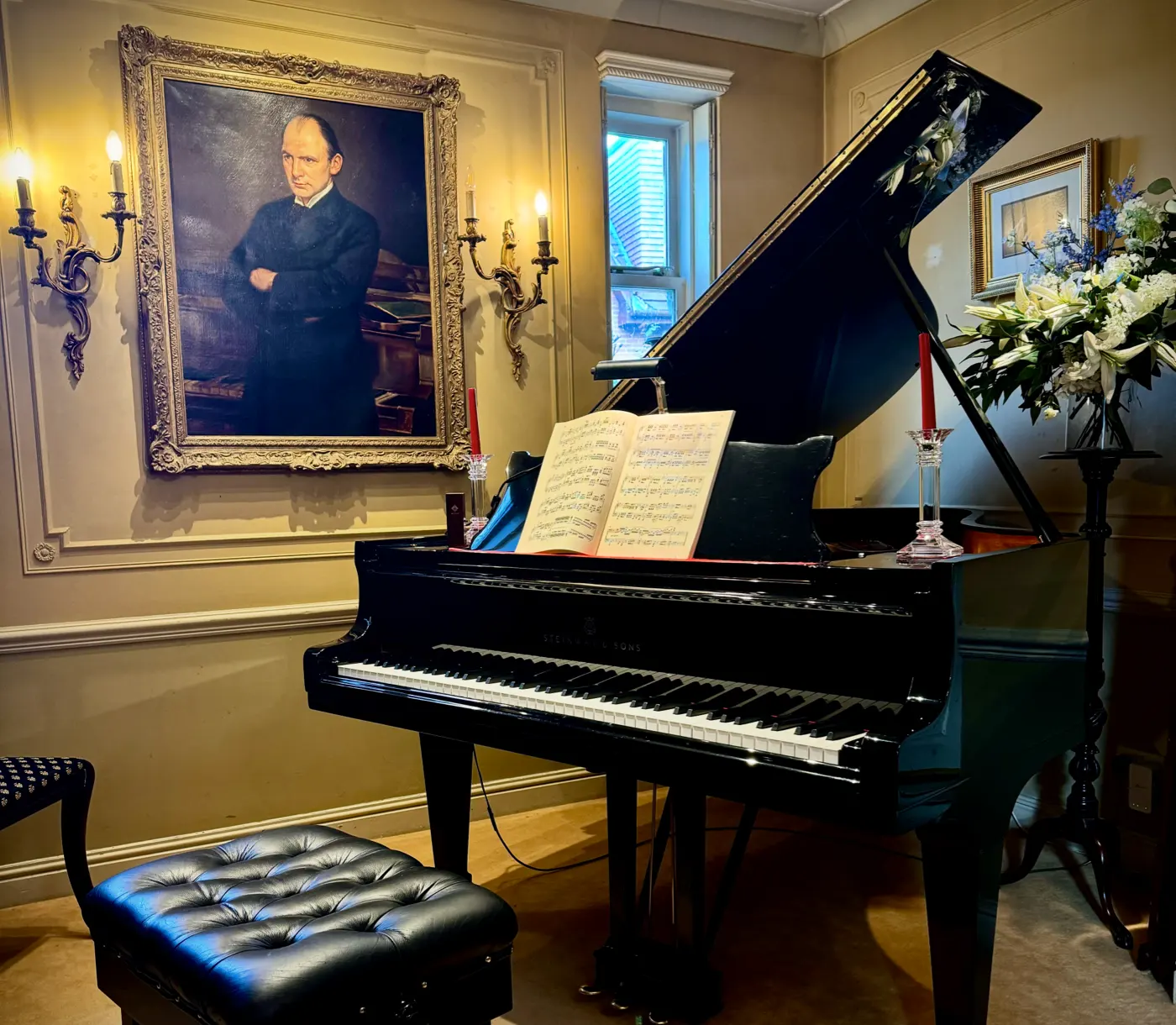Leonard Rayner
Master Pianist & Teacher

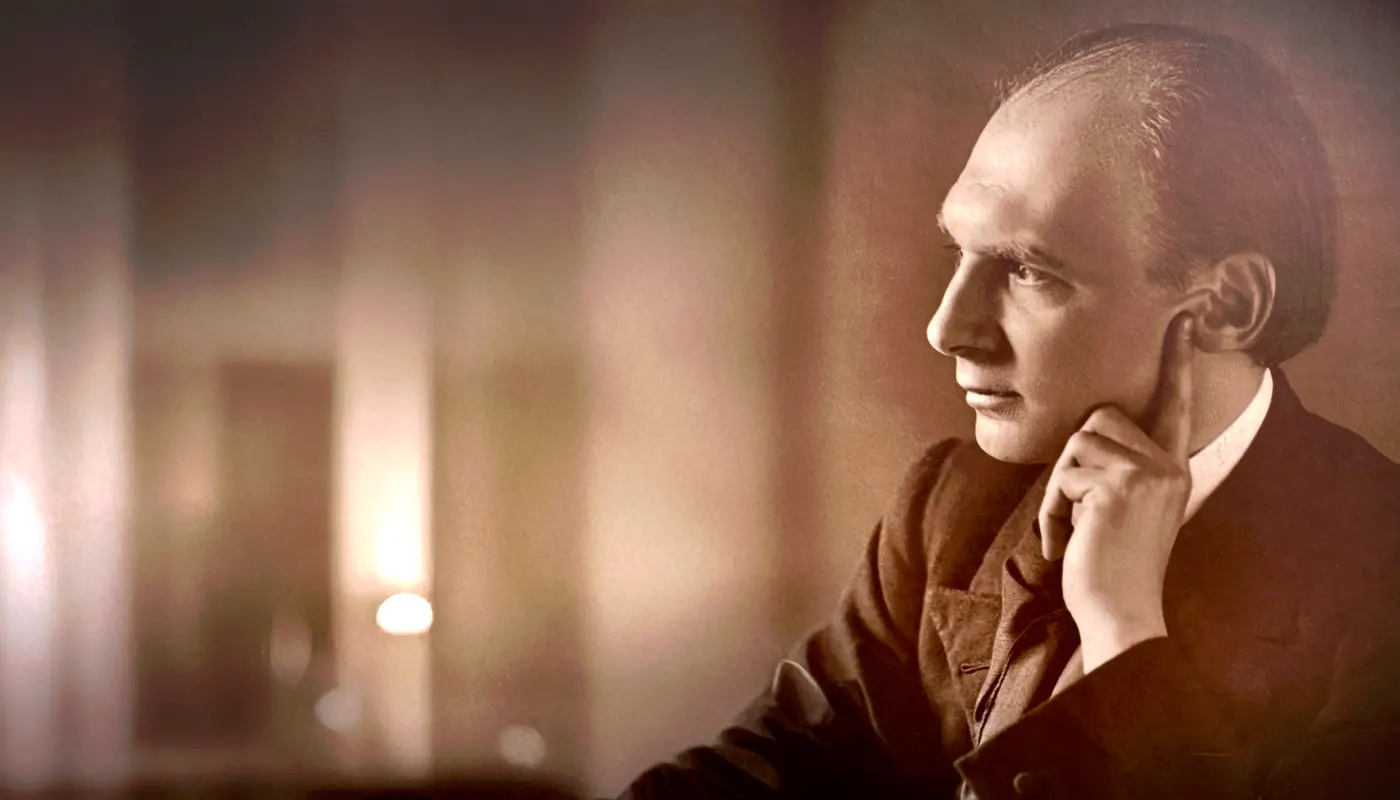 Leonard Rayner was born in 1885 in Birmingham. He was the eldest son of Charles and Elizabeth Rayner. His father was a successful local businessman and co-founder of Welch & Rayners, a large furniture and soft furnishing emporium in High Street, Smethwick. Leonard was educated at Holly Lodge Grammar School where he excelled in music, languages and mathematics. He had been taught piano playing by the best local teachers available. Even as a young man his remarkable gift for playing was noted. When he decided to further his music studies, he was sent to London to have lessons a most notable teacher of the day, BENNO SCHOENBERGER. “One of the least known pupils of Franz Liszt and certainly one of the best of them. He was taught by the most competent teachers of the day (Door, Bruckner and Volkmann) and went on to take lesson with Liszt in Peth and Rome.” (Chopin Playing by J. Methuen Campbell p, 53) Schoenberger, a noted master of the List School of playing later enjoyed a very successful concert career in London.
Leonard Rayner was born in 1885 in Birmingham. He was the eldest son of Charles and Elizabeth Rayner. His father was a successful local businessman and co-founder of Welch & Rayners, a large furniture and soft furnishing emporium in High Street, Smethwick. Leonard was educated at Holly Lodge Grammar School where he excelled in music, languages and mathematics. He had been taught piano playing by the best local teachers available. Even as a young man his remarkable gift for playing was noted. When he decided to further his music studies, he was sent to London to have lessons a most notable teacher of the day, BENNO SCHOENBERGER. “One of the least known pupils of Franz Liszt and certainly one of the best of them. He was taught by the most competent teachers of the day (Door, Bruckner and Volkmann) and went on to take lesson with Liszt in Peth and Rome.” (Chopin Playing by J. Methuen Campbell p, 53) Schoenberger, a noted master of the List School of playing later enjoyed a very successful concert career in London.
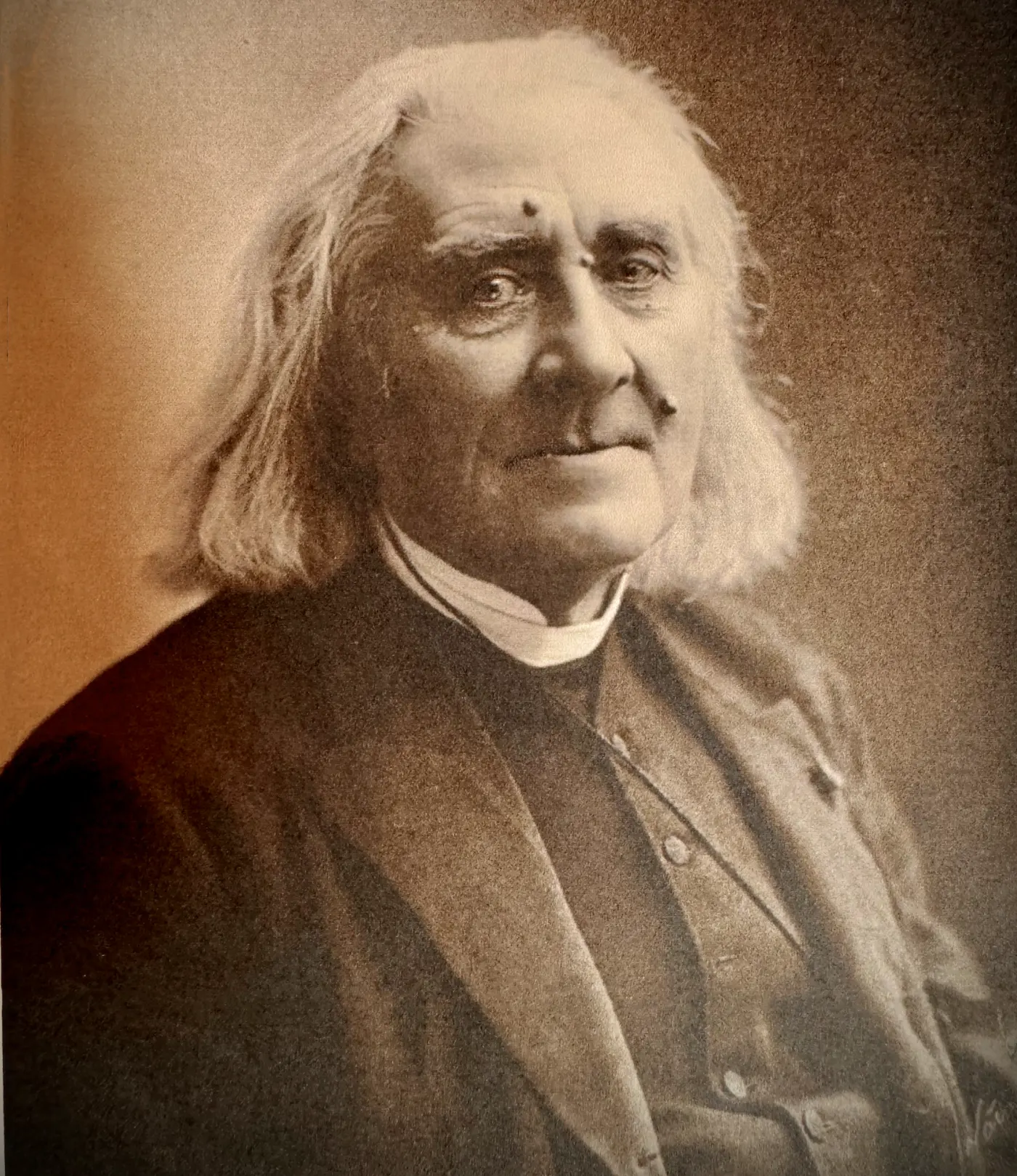
Franz Liszt thought very highly of Schoenberger his pupil, particularly for the beauty and elegance of his touch, which had been cultivated over many years of study in Leipzig. His insight into the beauty of great music and its performance through the cultivation of different ‘voices’ and colours of sound was the study which he inspirationally passed on to his students at the beginning of the 20th Century.
Leonard had not only the fortune to be taught by this distinguished pupil of Liszt, but he also took lessons with the great teacher of piano technique, TOBIAS MATTHAY. Nowadays Matthay is regarded as the founder of the insight into all modern piano technique, expounded in the many writing notably his seminal book: ‘The Act of Touch’.
A Career on the Concert Platform
Leonard returned to Birmingham where, in 1913 he began his concert career with a piano recital at the Town Hall, Birmingham. He continued to perform in many of the major cities across the Country where his playing was universally praised for its delicacy, refinement and expressive power.
The London Observer wrote in 1922 : ‘ Do people know that we now have in this country a distinct school of our own piano playing? And is it realised what fine playing this school is giving us? We know have players whose work is far more genuinely pleasurable than any of the great foreign pianists who have so far returned to us. The great executive and interpretative genius of Leonard Rayner has assured him a place as “one of the most gifted of our own English Pianists.”’ Other critics said he was “ …in the company of the Master Musicians of the ages.’ At the time he was described as ‘the English Pachmann’. His beautiful touch, thrilling technique, and deep musical integrity were all widely commented upon. The testimonies of the critics seem endless.
Such praises heaped upon Leonard Rayner’s Performances may seem remarkable to our ears now - For he now is quite forgotten. But the present writer has heard a number of testimonies from people who recall him playing live over 60 years before and commented on the ‘unforgettable and moving beauty of his playing.’ It was repeatedly asserted that listeners seldom head his equal, even amongst the Internationally famous performers of the intervening years.
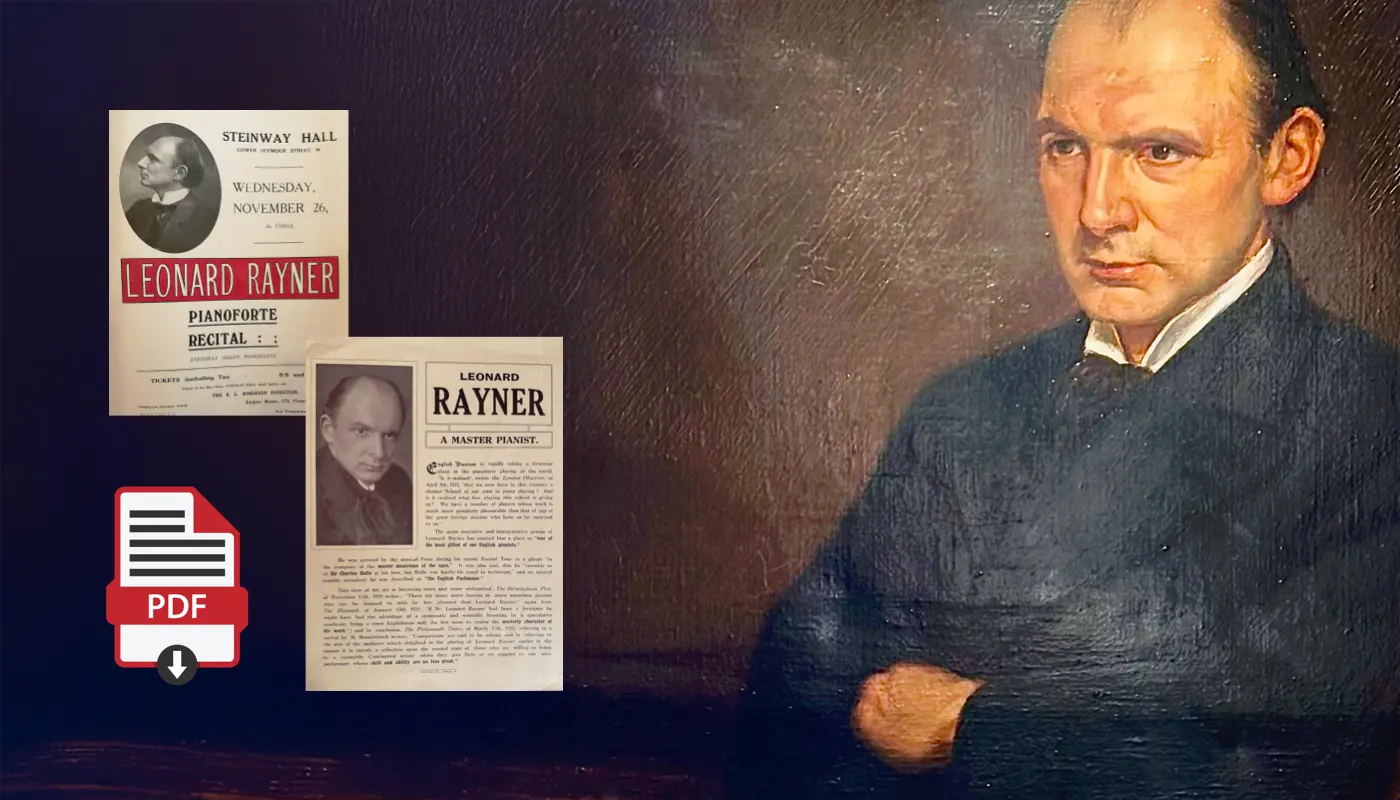
One may wonder why his name is not more remembered as other luminaries of pianism. Part of this is explained by the fact that he did not perform internationally. Two world wars in his lifetime rather put paid to that. Leonard also never made recordings. There was a school of thought at the time that if you not in the Hall, hearing performance live, then it should not be listened to in recorded reproduction which would give a very diminished idea of the real performance. It seems strange to us now (in a world where music recording is the primary way in which artists are listened to and assessed). However, the recording quality in those far off days was crude, compared with later developments in technology. It is nevertheless a great loss to those in posterity unable to hear Leonard Rayner superb playing. His performing career ended in 1939 with his last concert in Birmingham, where his fist recital had begun 26 year before.
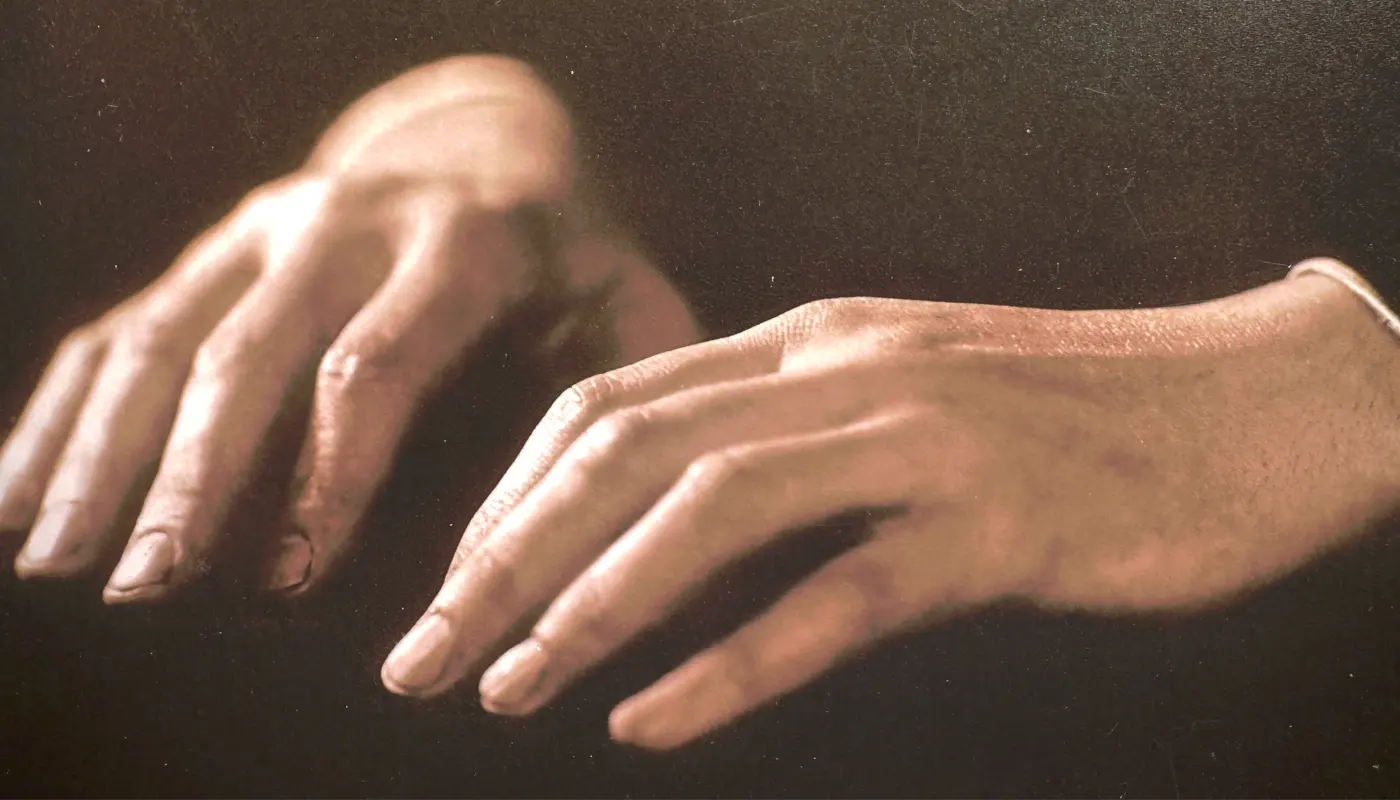
Founding the Music School
As an adjunct to his playing, he founded the Leonard Rayner Piano School in 1934. Leonard was a natural teacher, patient and generous spirited. As a musician who considered music deeply, he perceived the refinement of art through instinct as well as learning.
By many who knew him, and all who studied under him, he was thought to be a man of striking and arresting character. Charming, kind and considered, yet rather magisterial in appearance. He wore all his life the artist dress of the 1890s (much like Liszt himself) - all in black with beret and full-length cloak with black silk cravat loosely about his neck – a truly remarkable vision in post war Birmingham. Yet behind this extraordinary vision was a most kind, wise and intelligent teacher & friend, whose conversation was shot through with a lively wit and delightful sense of humour. For these reasons he was surrounded most of his professional life by friends and colleagues, admirers. It was from this circle that the staff of the music school was formed. At its height it boasted studios in London, Birmingham, Coventry, Wolverhampton and Walsall. The schools centre was at Queen College Chambers in Paradise street, Birmingham opposite the Town Hall. (At least the façade is still there.)
From early on Ruth Cooke was in charge of classes of young children, while Nora Turner developed an inspiring wind band along side her own wonderful playing & piano teaching. All were inspired teachers. Many fine players were developed, some for the concert platform and others for the wider musical life. When Leonard Rayner died in 1963 at the age of 76 it caused a wave of shock and sorrow for his many friends, pupils and admirers.
He had been waiting for the arrival of a pupil at his home in Selwyn Riad, Edgbaston, and was running through some bars of the Liszt B minor Sonata when he suffered a heart attack. He did not recover and died the following morning. Many people attended his funeral and a profound sense of loss was expressed, universally, along with moving obituaries in all the newspapers across the region.
Ruth Cooke inherited the running of the school, which moved from Queens College Chambers to Selwyn Road, Edgbaston. – Leonard’s home – a beautiful house in the Arts & Crafts style, built in the 1920s which had a handsome music room with fireplaces at either end, his Steinway grand piano between and French windows looking out onto a simple garden - a flank of laurel bushes down to the picturesque Edgbaston Reservoir. Here Miss Cooke continued teaching with care and rigour, salting her lesson with anecdotes of Leonards insights and wit. She died in 1995 after agreeing to hand over the School to Michael Winwood, Mr Rayner’s Gt. nephew who took over the school in 1990 at his own home in Selly Oak, Birmingham where it continues to flourish to the present.
